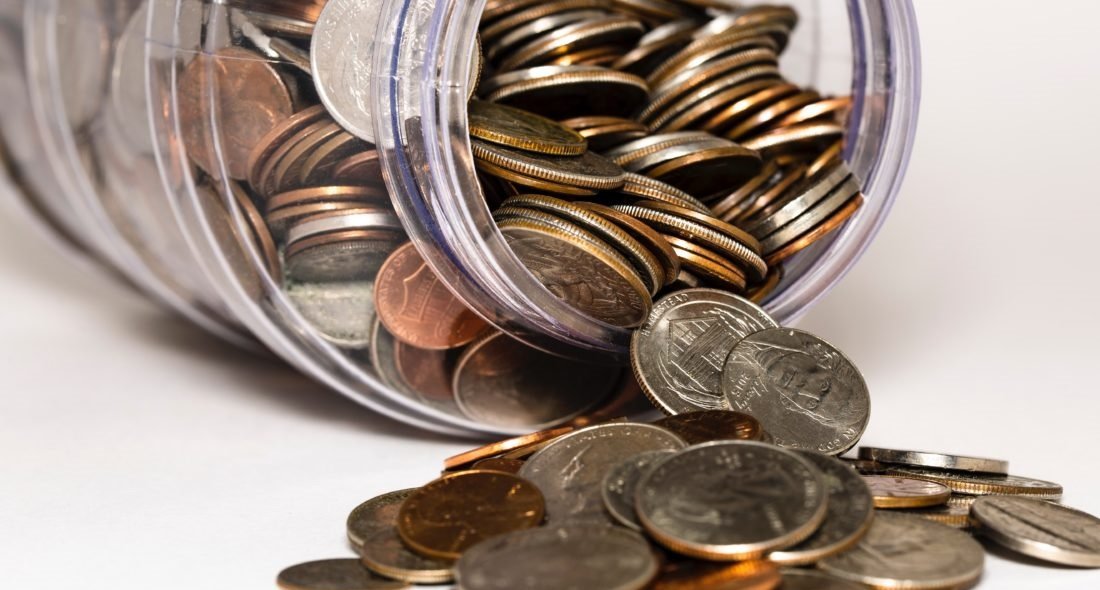Debt relief can be a lifeline for those overwhelmed by financial burdens, but it often raises concerns about credit scores. Understanding how debt relief impacts your credit and the steps you can take to rebuild it is crucial. This guide explores the effects of different debt relief methods and offers tips to safeguard your financial future.
How Debt Relief Affects Your Credit Score
Debt relief can influence your credit score in several ways, depending on the approach you choose. Here’s a breakdown of the most common methods:
Debt Settlement
When you negotiate with creditors to pay less than you owe, the settled amount will be marked on your credit report. This can lower your score, as it indicates you didn’t fulfill the original terms of the agreement.
Debt Consolidation
Consolidating multiple debts into one loan can temporarily lower your score due to the hard inquiry during the application process. However, timely payments on the new loan can improve your credit over time.
Credit Counseling
Enrolling in a debt management plan through credit counseling might not directly affect your score, but creditors may report your participation. Regular on-time payments through the plan can benefit your credit in the long run.
Bankruptcy
Bankruptcy has the most significant negative impact on your credit. Chapter 7 bankruptcy stays on your credit report for ten years, while Chapter 13 remains for seven years. However, it also offers a fresh start to rebuild your financial standing.

Factors Influencing the Extent of Impact
Payment History
Your history of timely payments accounts for 35% of your credit score. Missed payments before or during debt relief efforts can worsen the impact.
Credit Utilization
Debt relief can lower your credit utilization ratio, which is a positive factor. However, closing accounts after settling or consolidating debt can increase your utilization rate, affecting your score.
Length of Credit History
Closing accounts as part of debt settlement or consolidation can shorten the average age of your accounts, potentially lowering your score.
Rebuilding Your Credit After Debt Relief
Although debt relief can initially harm your credit score, you can take steps to rebuild it:
Make Timely Payments
Pay all bills on time, as payment history is the most critical factor in your credit score.
Monitor Your Credit Report
Review your credit report for errors, such as incorrect balances or accounts not marked as “paid.” Dispute any inaccuracies with credit bureaus.
Use Credit Responsibly
Avoid maxing out credit cards or opening multiple new accounts. Maintain low balances and focus on managing credit wisely.
Build an Emergency Fund
An emergency fund can help you avoid relying on credit in times of financial strain, preventing further damage to your score.
Consider Secured Credit Cards
Secured credit cards are a helpful tool for rebuilding credit. They require a cash deposit as collateral and report payments to credit bureaus.
Long-Term Benefits of Debt Relief
While debt relief may lower your credit score in the short term, it offers long-term benefits:
- Financial Stability: Debt relief reduces financial stress, allowing you to focus on building a stable future.
- Improved Payment History: With fewer debts, you’re better positioned to make consistent on-time payments, boosting your score over time.
- Lower Debt-to-Income Ratio: Debt relief lowers your debt obligations, improving your financial profile for lenders.
Conclusion
Debt relief can have a temporary negative impact on your credit score, but it’s a valuable tool for regaining financial control. By understanding how different methods affect your credit and taking proactive steps to rebuild it, you can work toward a healthier financial future. Remember, the benefits of reduced debt often outweigh the initial credit score setback.











